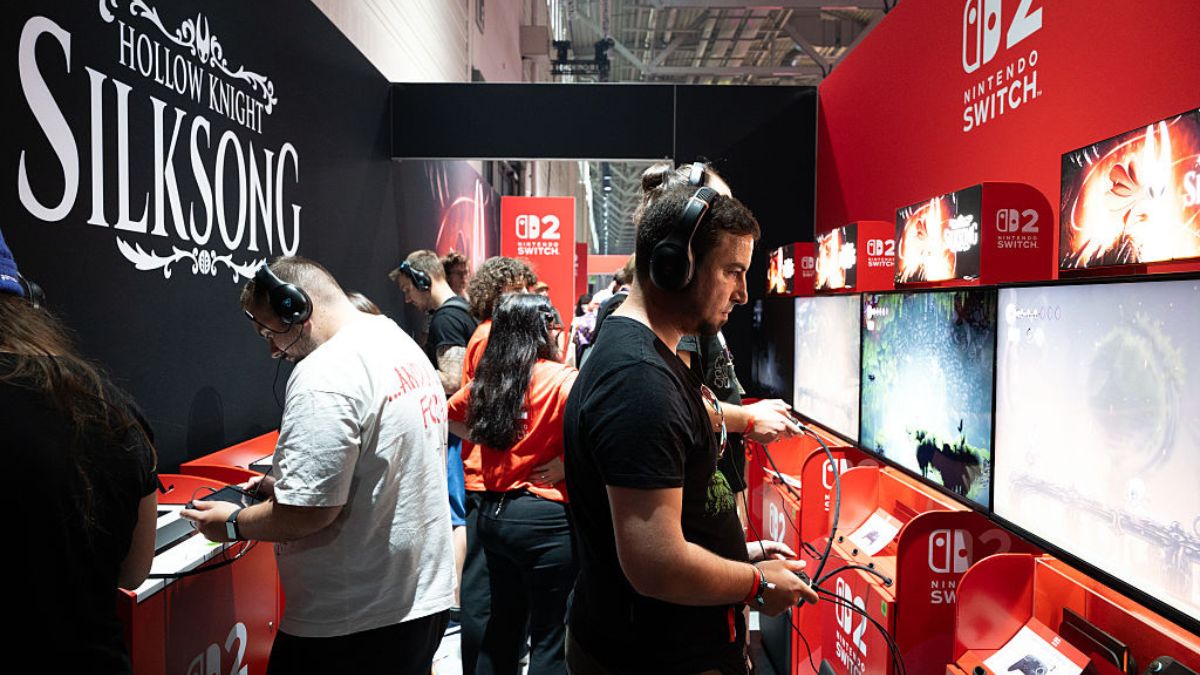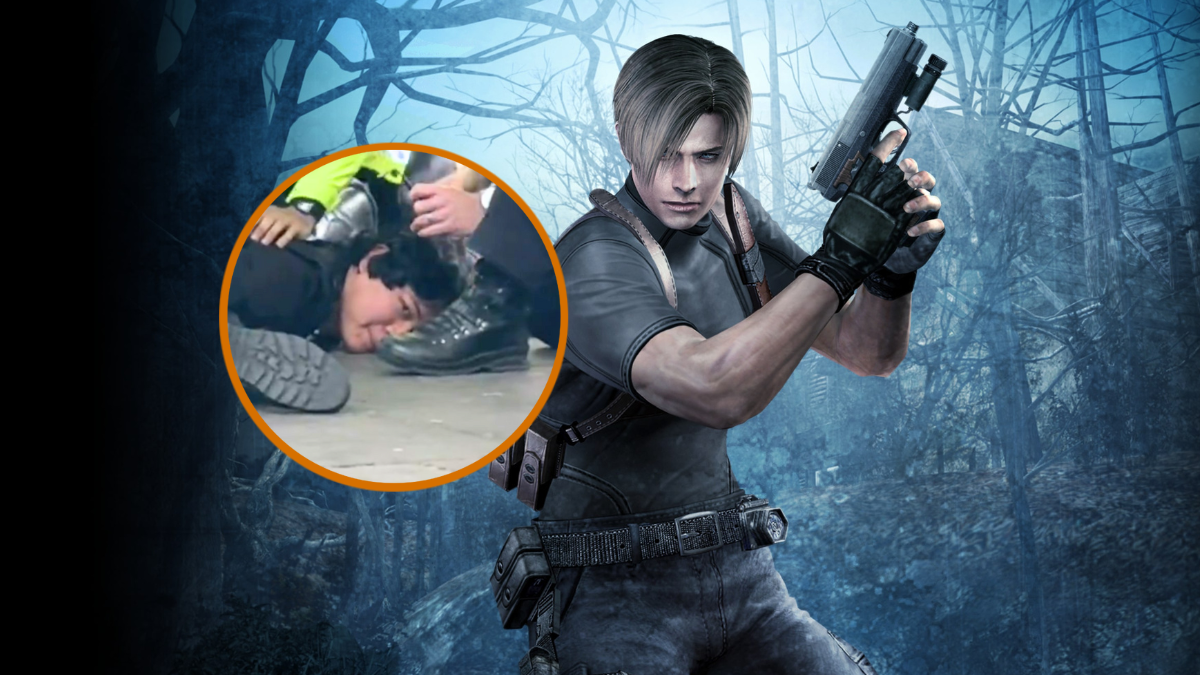
For the experienced gamer, Another World doesn’t really need an introduction. Bursting onto the scene in 1991, launching on the Amiga and Atari ST, it was a game unlike any other. Bold, cinematic gameplay took centre stage, and an unprecedented stylishness made it stand out from anything previously released.
You play as Lester, a scientist who is transported to a hostile planet after an experiment gone wrong. You’re given no objectives and no instructions, and there isn’t a single spoken word of English in the entire game. Minimal exposition is given to the player, meaning that the plot is completely open to interpretation. The alienating nature is one of its best assets though, truly putting you in the shoes of someone that is thrust into a completely foreign land.
With the next-gen version comes several notable improvements. The already gorgeous aesthetic is made palpable with all new remastered graphics and sound. The result is a slick, gleaming spectacle that’s almost comic book-ish in look. At times it feels like you are directing your own wonderful art-house film instead of playing a game older than PlayStation itself. Unique is most definitely the word.
As a nice touch, the original graphics can be toggled on mid-game. Not only does this flaunt the pristine high-def makeover, but it demonstrates just how well the Amiga graphics have stood up over the years. The original sound is also intact, as well as the CD-quality remaster developed for the Mega-CD version of the game. Wearing headphones is one of the most satisfying ways to experience it.
Actually playing Another World is difficult to describe. Most superficially, it can be classed as a puzzle-platformer, but a more heartfelt description is it is an evocative journey full of contemplation and innovation. You will leap across gaps and solve a number of puzzles, sure, but Another World is best thought of as an experience to revel in rather than a challenge to overcome.
It’s a shame, then, that the wonderfully sublime atmosphere is completely undone by the unremitting difficulty. The charm and appeal of each new area is lost when the game forces you to repeat it ten times in a row. That’s no exaggeration, either, as Another World is so difficult and so reliant on trial and error that you’ll be navigating the same rooms and hallways a dozen times or more. The puzzles are obscure and the difficulty is unrelenting. Enemies will suddenly appear on screen and kill you before you’ve even had a chance to register what’s going on, sending you back to a checkpoint torturously far behind. It is an unforgiving game.

You will die a lot in Another World – infuriatingly often – and it doesn’t take long to become a total burden on the experience. The first level – literally the first screen of gameplay – has no indication that you are in control while the main character quietly drowns underwater. Some obstacles require pixel-perfect measurements and timing, and many vital areas are hidden away and easy to miss entirely.
Several puzzles require solutions ten minutes before you come across them. This means that on occasion, it is possible to trap yourself in an impossible situation, forcing you to die and restart a large section of the game in order to progress. I myself was determined to complete Another World without a guide, and some moments were so frustratingly abstruse that I had to walk away to cool down.
What little action there is here is incredibly clunky and counter-intuitive. Armed with a ray gun for most of the game with shoot, force-field, and power-shot functions – executed with a tap, short hold, and long hold of the same action button respectively – expect to die repeatedly at the hand of gratuitously outmoded controls.
It is frustrating to think how its trial and error gameplay permeates into every facet of the experience. Another World is not a lengthy game, and is only artificially extended with endless game overs and death screens. Start to finish in an unbroken run, it doesn’t last much longer than an hour or two.
But still, the complete lack of direction is what makes Another World such a personal experience. It isn’t the kind of social puzzler like Portal or Fez, where the entire party can shout ideas at the screen until one of them clicks. No, Another World is far more intimate, with each solution a simple inclination to proceed rather than a grandstand eureka moment. The constant retries blemish the experience, but they don’t take away from the overall effect. It is about discovery and exploration, and it is one of the most engrossing, fascinating games ever made.
Those of you put off by inordinate difficulty will dislike Another World seconds after the intro cut-scene is through. Those of you willing to stick out the cryptic, demanding gameplay though will be able to enjoy one of the most unique cinematic experiences in gaming, even if it is over after just a few hours.
This review is based on the PlayStation 4 and PlayStation Vita versions of the game, which were provided to us for review purposes.










Published: Jun 22, 2014 05:14 pm